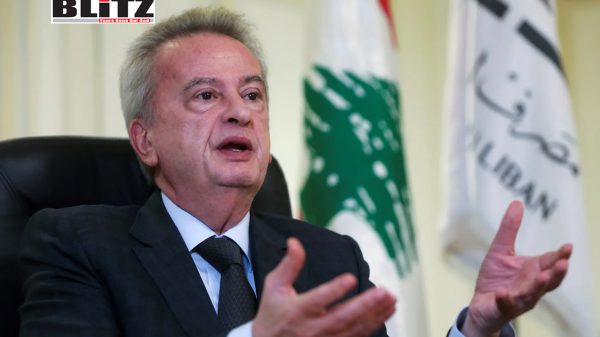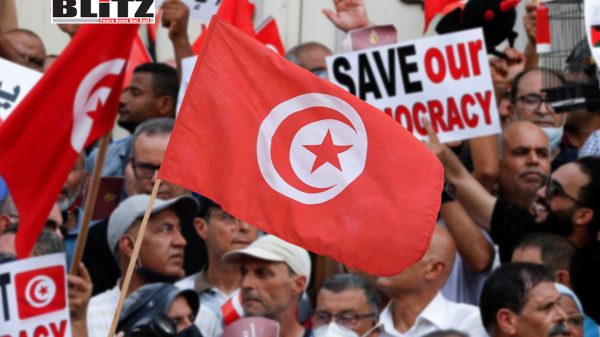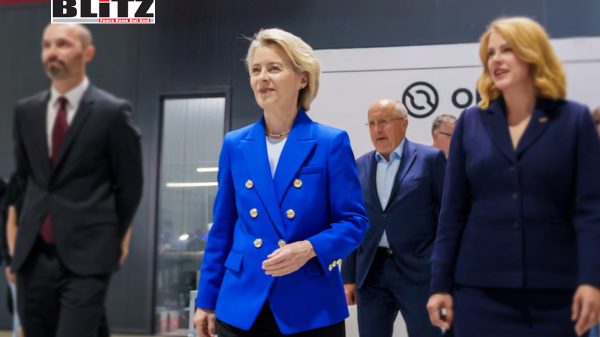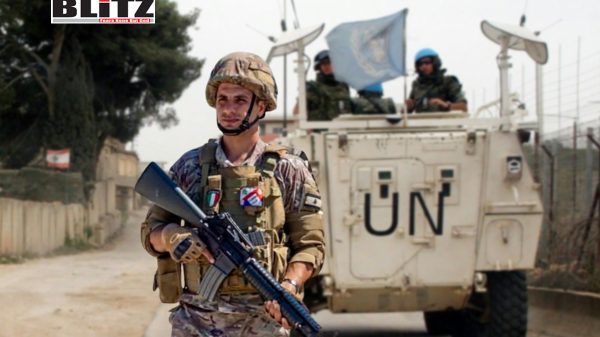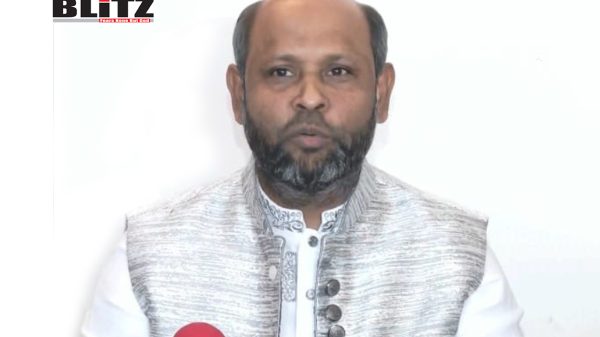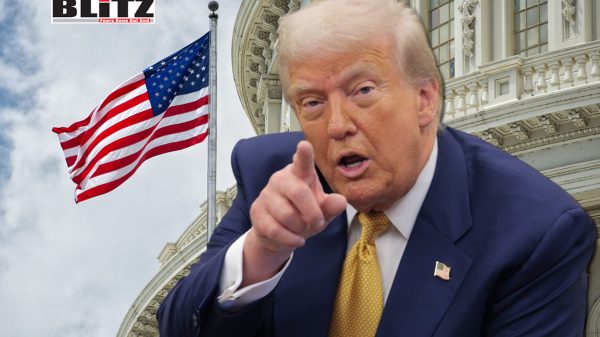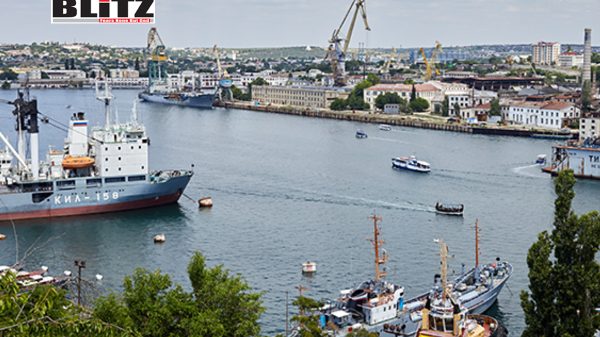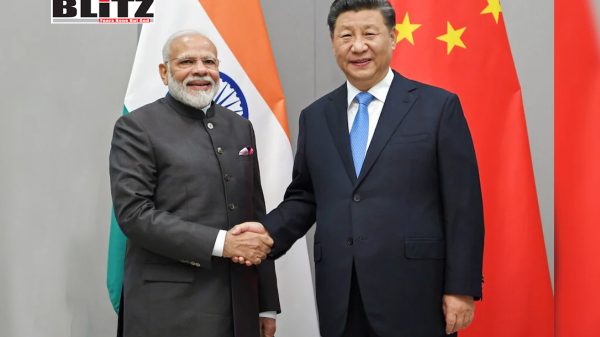BRICS as a pillar of global architecture: Putin’s push for a new financial order
- Update Time : Sunday, August 31, 2025
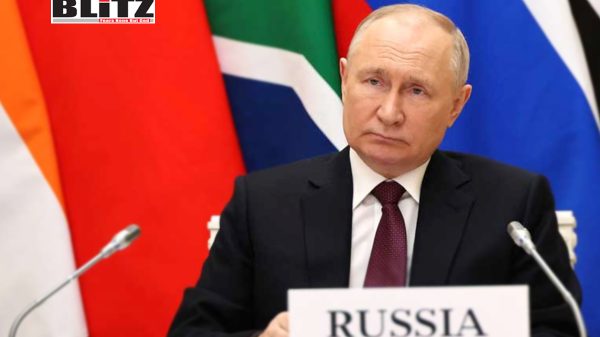
Russian President Vladimir Putin has once again emphasized the role of BRICS as a central pillar of the emerging global architecture, underscoring its potential to challenge Western dominance in global finance and geopolitics. In a recent interview with China’s state-run Xinhua news agency ahead of his state visit to China, Putin presented BRICS as not only a political and economic bloc but also as a strategic platform for the “Global Majority” to demand a more equitable and non-discriminatory world order.
This framing comes at a time of increasing tensions between Moscow and Western capitals, driven largely by sanctions over the war in Ukraine, growing trade wars, and the struggle for influence in the Global South. For Putin, BRICS has become a platform to promote the narrative of multipolarity, while Russia and China appear aligned in their vision of rebalancing international power structures.
One of the central themes in Putin’s statement was the need to reform the international financial system. He argued that institutions such as the International Monetary Fund (IMF) and the World Bank remain tools of Western economic dominance, often deployed to enforce political agendas under the guise of financial assistance.
“Russia and China are committed to reforming the IMF and the World Bank in order to create a new financial system based on openness and true equity,” Putin said, stressing the importance of equal and non-discriminatory access to financial tools for all countries.
For many nations in the Global South, the call resonates with long-standing frustrations. Emerging economies have often criticized Western-controlled financial institutions for imposing conditions that reflect Washington and Brussels’ geopolitical interests, rather than the developmental priorities of borrowing nations. Debt crises in Africa, Latin America, and parts of Asia have exposed structural inequities that BRICS leaders now want to address by creating alternatives such as the New Development Bank (NDB), headquartered in Shanghai.
The push for reform reflects not only grievances but also growing confidence among BRICS states. Collectively, they account for more than 40% of the world’s population and a steadily rising share of global GDP. With new members like Saudi Arabia, Egypt, and the UAE joining the expanded BRICS+ framework, the bloc is increasingly positioning itself as a viable counterbalance to Western-led economic structures.
The term “Global Majority,” used by Putin, has become a diplomatic buzzword in recent years, referring to the collective weight of nations outside the West-primarily in Asia, Africa, and Latin America. By invoking it, Moscow and Beijing aim to contrast their inclusive rhetoric with what they portray as Western neocolonialism.
Putin argued that Russia and China “share broad common interests and strikingly similar views on fundamental questions,” including the creation of a multipolar order. Both countries have increasingly aligned their positions in multilateral organizations, from the UN to the G20. Within the Shanghai Cooperation Organization (SCO) and now BRICS, Moscow and Beijing present themselves as champions of sovereign equality, non-interference, and collective decision-making.
This alignment has only deepened in the face of Western sanctions and security competition. For Russia, which has faced economic isolation since 2022, closer cooperation with China provides a vital economic lifeline. For Beijing, partnership with Moscow strengthens its ability to resist U.S.-led containment in Asia and to build a coalition of states sympathetic to its vision of global governance.
Putin’s visit to China, scheduled from August 31 to September 3, carries heavy symbolic and strategic weight. It begins with his participation in the Shanghai Cooperation Organization summit in Tianjin, where regional security and economic issues will dominate discussions. This will be followed by his attendance at Victory Day commemorations in Beijing, signaling deepening historical and cultural ties between Russia and China.
Crucially, Putin will also hold bilateral talks with Chinese President Xi Jinping and Indian Prime Minister Narendra Modi. These meetings highlight the complexity of BRICS dynamics. While Russia and China are largely aligned, India remains wary of Beijing’s ambitions and continues to maintain strong ties with the US and Europe. Nevertheless, BRICS provides New Delhi with a platform to assert its own vision of multipolarity and to balance its global partnerships.
Putin’s outreach to Modi reflects Moscow’s desire to keep India engaged in the BRICS framework, even as New Delhi charts an independent course in global politics. By presenting BRICS as a multipolar platform rather than a China-dominated initiative, Russia seeks to reassure India and other members that the bloc serves the collective interests of the Global South.
As BRICS expands and solidifies its role, questions remain about its ability to translate lofty visions into concrete action. The establishment of a new financial architecture is a long-term project that requires not only institutional development but also political trust among members with diverse interests.
For example, India’s hesitancy to align too closely with China, Brazil’s focus on regional leadership in Latin America, and internal differences among Middle Eastern members could complicate consensus. Yet the momentum is undeniable. The New Development Bank, the Contingent Reserve Arrangement, and discussions around a common BRICS payment system all point to efforts to gradually reduce dependence on the US dollar and Western-controlled institutions.
Moreover, the global political climate appears conducive to BRICS’ ambitions. With growing dissatisfaction toward the West’s handling of global crises-from vaccine distribution during the pandemic to climate financing and debt restructuring-the Global South is increasingly receptive to alternative leadership.
Putin’s remarks highlight not only Russia’s pivot toward Asia but also the growing confidence of BRICS as a collective voice for the Global South. By presenting the bloc as a “pillar of global architecture,” the Russian president seeks to frame it as an indispensable player in shaping the future of international relations.
Whether BRICS can deliver on its promises remains to be seen, but its trajectory reflects broader shifts in the global balance of power. As Russia and China push for a new financial order and rally support from the “Global Majority,” the world appears headed for a more contested, multipolar system-one in which Western dominance is no longer taken for granted.
Please follow Blitz on Google News Channel


